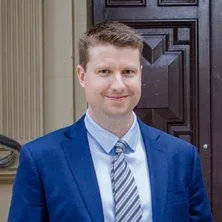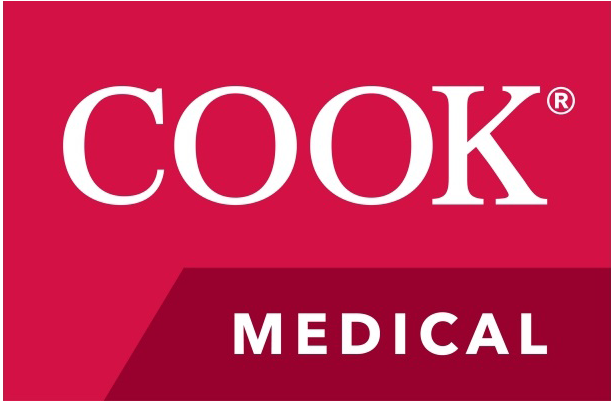Quality inspection and control is an essential process in the manufacturing industry, with particularly stringent and comprehensive control expected of medical devices. Currently, a significant amount of manufacturers rely on manual quality control, with highly trained workers visually inspecting each device. This labour intensive yet necessary activity is not only time-consuming but also can be unreliable and inconsistent, with person-to-person variation.
In light of these challenges, Hub researchers are investigating the application of adaptive automation technologies to the quality inspection process, finding hardware and software solutions specific to each application. To deliver a technology demonstrator, the team based at RMIT have designed an Artificial Intelligence (AI) vision system to automate the quality inspection and assurance of needles. In current production, the needles are manually inspected under the microscope for defects, damage and foreign matter. To improve this process, an image acquisition system was built and tailored to produce high-definition images, and the uncertainty in the quality standard of the product was investigated and quantified by integrating virtual image generation, 3D modelling and data analysis techniques. The combined system captures raw images, selects regions of interest where defects occur, identifies and classifies the specific quality aspects of a product based on visual characteristics displayed on the surface, and automatically stores images as proof of quality. The system was able to correctly identify defective products and demonstrate classification accuracy of over 95%, even with samples containing multiple defects.
In our application, a machine-assisted quality inspection system based on visual information improved the efficiency and consistency. The effect of implementing such systems would extend to enabling workers to focus on more rewarding tasks rather than the repetitive ones, reducing training requirements for operators of the automated vision system, and improving the lead time, accuracy, reliability and traceability, which are important priorities for the medical device manufacturing industry.
























